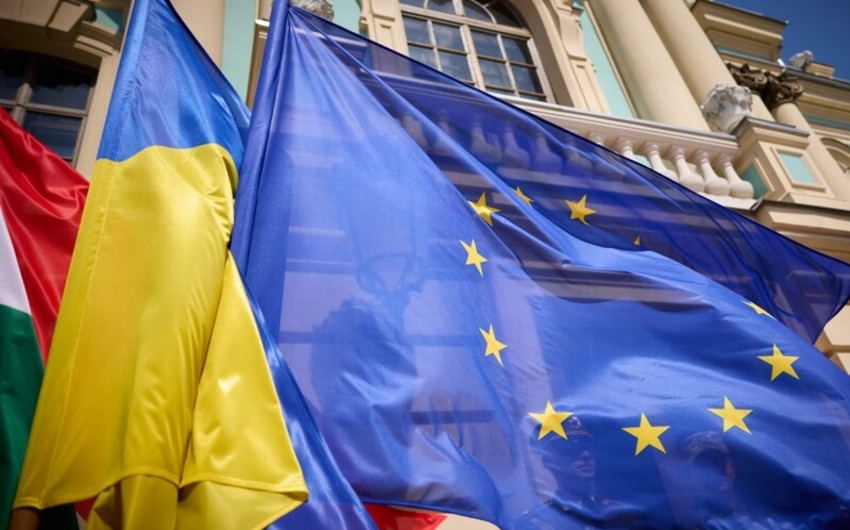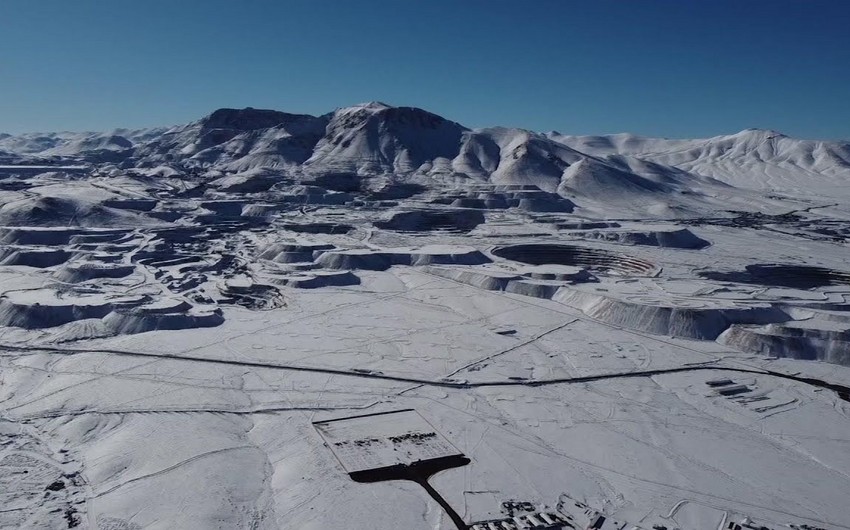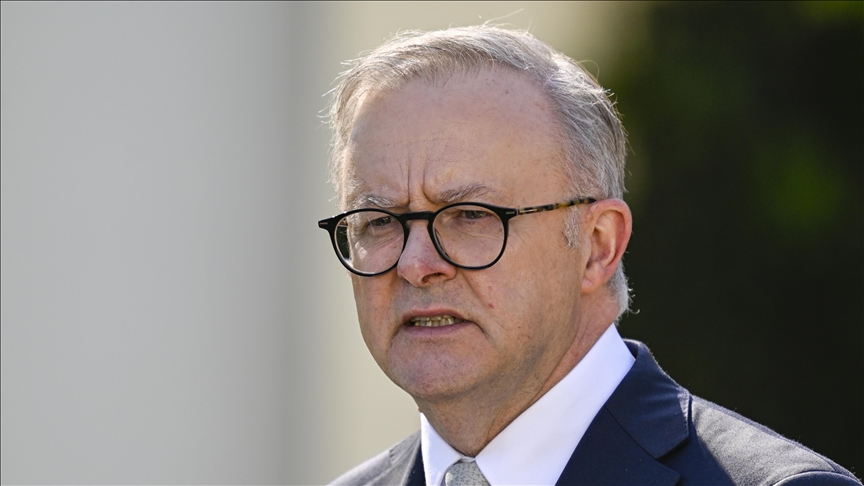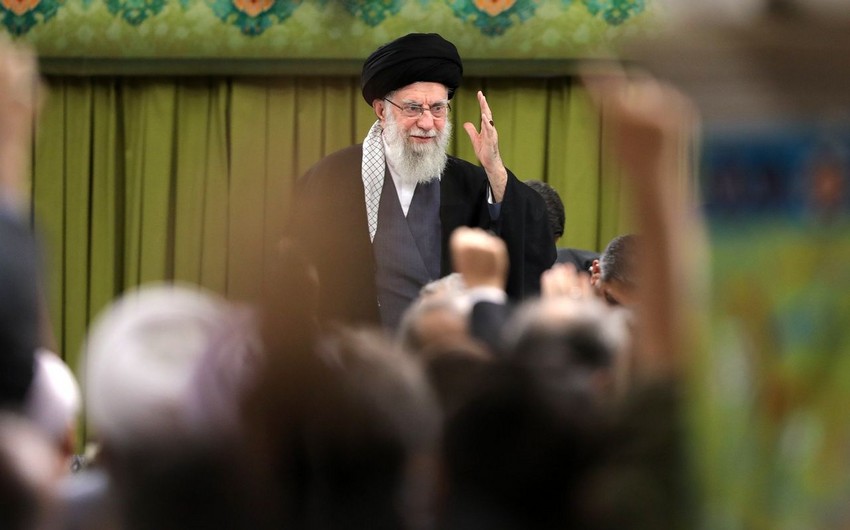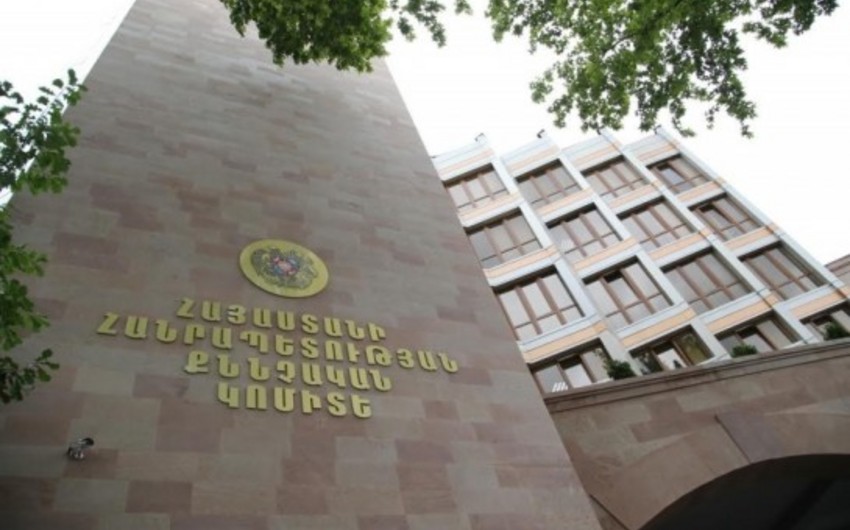Leaked internal documents have exposed the activities of a Russian state-backed legal defence foundation that European intelligence agencies and analysts say is in fact a Kremlin influence operation active in 48 countries across Europe and around the world, Ednews informs citing The Guardian.
Internal documents from the Fund for Support and Protection of the Rights of Compatriots Living Abroad (Pravfond) indicate that the foundation finances propaganda websites targeted at Europeans, helped pay for the legal defence of the convicted arms trafficker Viktor Bout and the assassin Vadim Krasikov, and has employed a number of former intelligence officers as the directors of its operations in European countries.
The documents show that the group has spent millions of euros to finance propaganda and legal campaigns. Public data also shows that Pravfond’s local partners have received millions in state subsidies from a number of the European states where the foundation operates local branches, raising questions about the use of public funds and national security concerns just days before elections to the European parliament.
More than 40 Pravfond documents, obtained by the Danish public broadcaster DR from a European intelligence source and shared with a consortium of European journalists including the Guardian, show that the organisation has had a number of documented former intelligence agents among its leadership. They include Vladimir Pozdorovkin, who has been identified by European intelligence sources as an agent for the SVR, Russia’s foreign intelligence service, and in public records as Pravfond’s curator for its operations in the Nordic and Baltic countries; and Anatoly Sorokin, who the documents show is a member of the SVR and curates Pravfond’s Middle East, Moldova, and Transnistria division.
The head of the Institute of the Russian Diaspora, which is listed on official documents as Pravfond’s “project implementer”, is Sergey Panteleyev, who has been subject to sanctions in EU countries as a member of a Russian military intelligence unit that specialises in psychological-warfare operations.
Andrei Soldatov, an expert on the Russian intelligence services and co-author of The Compatriots, said Pravfond appeared to be a “classic soft-power effort” and that the ties between intelligence and compatriot organisations were “well documented”. He noted that Andrey Milyutin, the deputy head of the department of operative information of the fifth service of Russia’s security agency, the FSB, was a member of the government’s committee on “compatriots living abroad”, indicating the link between intelligence activity and outreach to the Russian diaspora.
In a 2020 national security report, the Estonian security services called Pravfond a “pseudo legal protection system” that “in reality is an influence operations fund”, and they have said the FSB uses the groups to recruit collaborators abroad, including among supporters of the 2014 annexation of Crimea, many of whom had ties to the group.
Pravfond was founded in 2012 by presidential decree and was backed by the Russian ministry of foreign affairs and the federal agency Rossotrudnichestvo, which administers foreign aid and has been described by the head of Pravfond, Alexander Udaltsov, as a “unique element of Russian soft power”. Udaltsov has been subject to sanctions by the European Union since 2023 for “supporting and implementing actions and policies which undermine and threaten the territorial integrity, sovereignty and independence of Ukraine”.
Pravfond did not reply to questions sent by the Guardian and by its reporting partners in the week before this publication, although some of the recipients of its local grants did.
The documents show that Pravfond sponsored the legal defence of Krasikov, an alleged FSB agent who was given a life sentence for the murder of the former Chechen field commander Zelimkhan Khangoshvili in Berlin’s Tiergarten in 2019. The documents indicate that the lawyer Robert Unger received €60,000 in legal fees paid out by Pravfond’s budget in 2021 as approved by Udaltsov. A European intelligence source said it possessed documents showing that Unger had received a larger sum of money for representing Krasikov in previous sessions, but could not provide documentation.
Asked about the payments, Unger confirmed he had received a request from the journalist consortium but said his mandate for Krasikov ended in 2021 after the life sentence and that because he was “still subject to legal professional confidentiality even after the end of the mandate and have not been released from it, I am unfortunately prevented from answering your questions”.
A Pravfond budget document from 2014 also showed that the organisation had provided significant sums to fund the legal defences of Bout and the convicted drug trafficker Konstantin Yaroshenko, both of whom later returned to Russia as part of prisoner exchanges negotiated between Moscow and Washington.
The documents also indicated that Pravfond had spent hundreds of thousands of euros to maintain several websites that purported to fight against “Russophobia” and promote the “defence of the Russian language” in Europe. It has also funnelled money to a number of fringe publications throughout Europe.
Documents obtained by the consortium showed that Pravfond funded the activities of golos.eu, an online portal that operates out of a post-office box in Brussels and mainly provides a vehicle for commentators to voice criticism of the Ukrainian government, particularly the president, Volodymyr Zelenskiy, and his top aides and military advisers.
Reached for comment by the Guardian, the Golos deputy editor Yuri Andriychenko denied that the site received money from Pravfond or had any links to the Russian state. He suggested that someone else had applied for grant funding using the site’s name, writing: “We are not surprised that someone in Russia is trying to make money on our name, because it is much easier than creating your own project.”
According to the internal documents, Pravfond also funds the activities of Euromore, another online portal that focuses heavily on purported threats to Russians in Europe. Euromore was “designed to take into account the closure of international platforms” such as RT and Sputnik by the EU authorities and “create its own significant alternative”, the documents said. Those sites were largely blacklisted in the west after the Kremlin’s full-scale invasion of Ukraine in 2022.


